Chrome Remote Desktop is a great, free way to remotely access a computer.
I have an unusual computer setup: I have a super powerful desktop at home and I carry a Chromebook with me when I'm out and about. The system has served me well over the past year, but there are times when I'm on the go and I need to tap into my extra power at home. This is where Chrome Remote Desktop comes into play — I can connect to my home computer from anywhere, so long as I have an Internet connection. If you'd like to do this, follow along!
How to install the Chrome Remote Desktop host on the machine you want to access
Before using Chrome Remote Desktop, the machine you'd like to access needs to be running the Chrome browser and the Chrome Remote Desktop host. Chromebooks and Chromeboxes that need to be accessed can skip this section since the necessary pieces are already built into Chrome OS.
- If you have not done so, download the Chrome browser.
-
Sign into the browser by clicking the picture icon in the upper-right corner of the browser.
- Once you're signed in, visit the Chrome Remote Desktop webpage.
- Click the blue Get Started button.
-
Click the blue download icon underneath "Set up remote access."
- Click the blue Accept and install button. If your computer requires an administrative password for installations, you will need to enter that.
-
Chrome Remote Desktop will ask you to set a name for the computer. Type the name in the text field.
- You will be asked to create a PIN code to keep someone from accessing your system without your knowledge. The PIN can only be numbers, no letters and must be at least six digits long. And with that, we're done with setup!
How to access the desktop from another device
So long as both devices have an Internet connection, you'll be able to remote in and access the computer you've set up. Now it's time to get connected.
- Download and install the Chrome Remote Desktop application from Google Play, the Chrome Web Store or the iOS App Store. You can also visit the Chrome Remote Desktop page again.
- If necessary, sign into the application with the same Google account used above.
- Under "My Computers", you should see the computer you set up before. Click the computer name.
-
Enter the PIN you created. If you'd like, you can tell the software to not ask for a PIN when connecting from this specific device. And that's it! You're connected to your home machine. There are some tools (like sending a Ctrl + Alt + Del command) in the menu on the right.
Another great use of Chrome Remote Desktop is providing support to other users. With this, I don't have to drive two hours just to get my mother's bookmarks bar to reappear. If you want to remotely help a user, have them install the Chrome Remote Desktop Host using the steps above.
- Have the user open Chrome Remote Desktop on their device.
- Under the Remote Support section, they will need to click the Generate Code button.
- Chrome Remote Desktop will generate a code for this session. Have that person tell you the code.
- On your machine, open Chrome Remote Desktop.
- In the Remote Support section, type the code into the field labeled Access code.
A couple things to keep in mind here: you'll need a fast internet connection for this, and ping times are very important, since you'll be connecting in real time. If you're on LTE, make sure that your signal is strong.
Do you use Chrome Remote Desktop? Let us know down below!
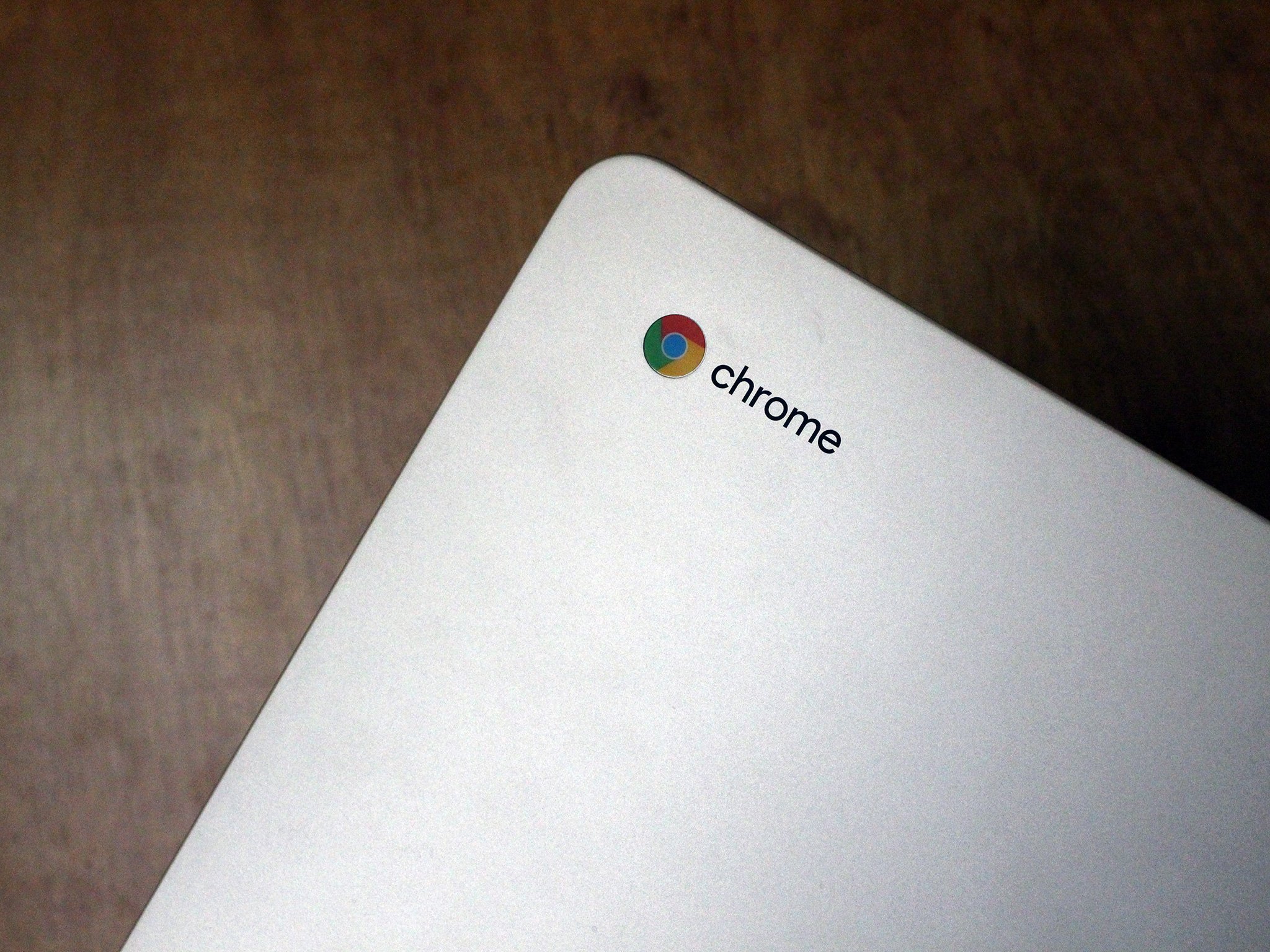
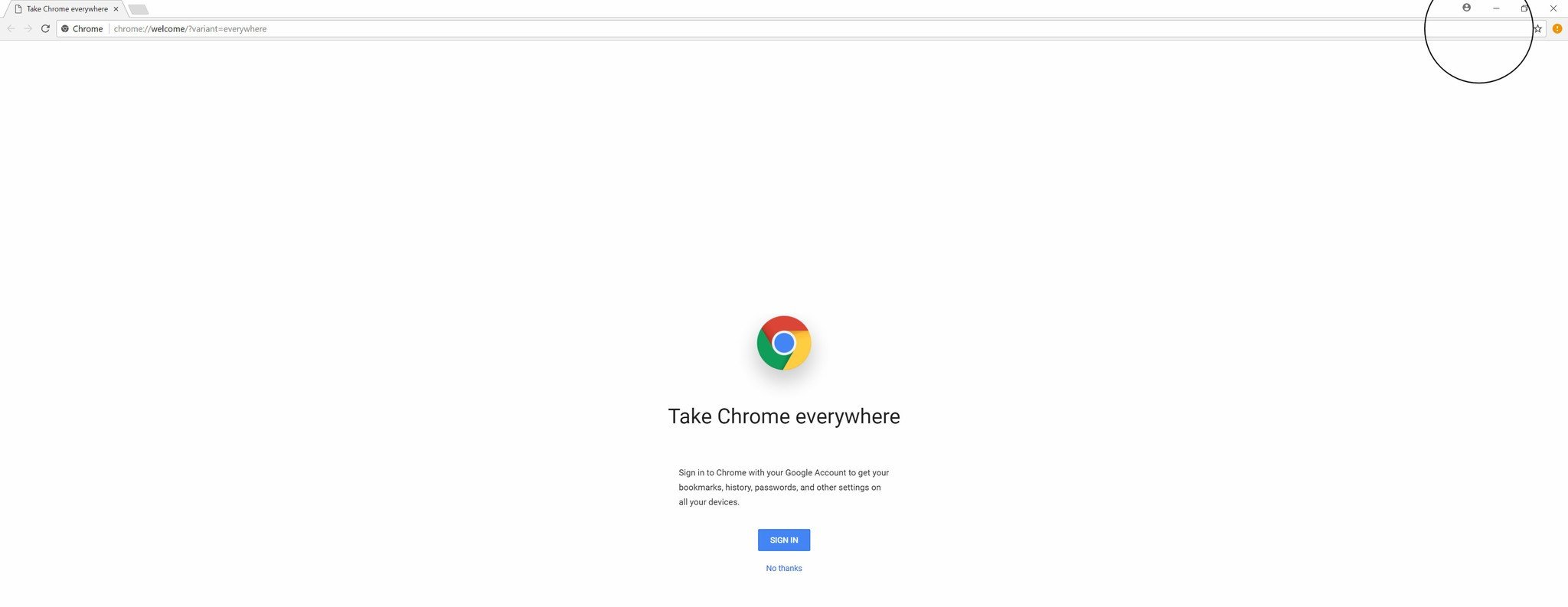
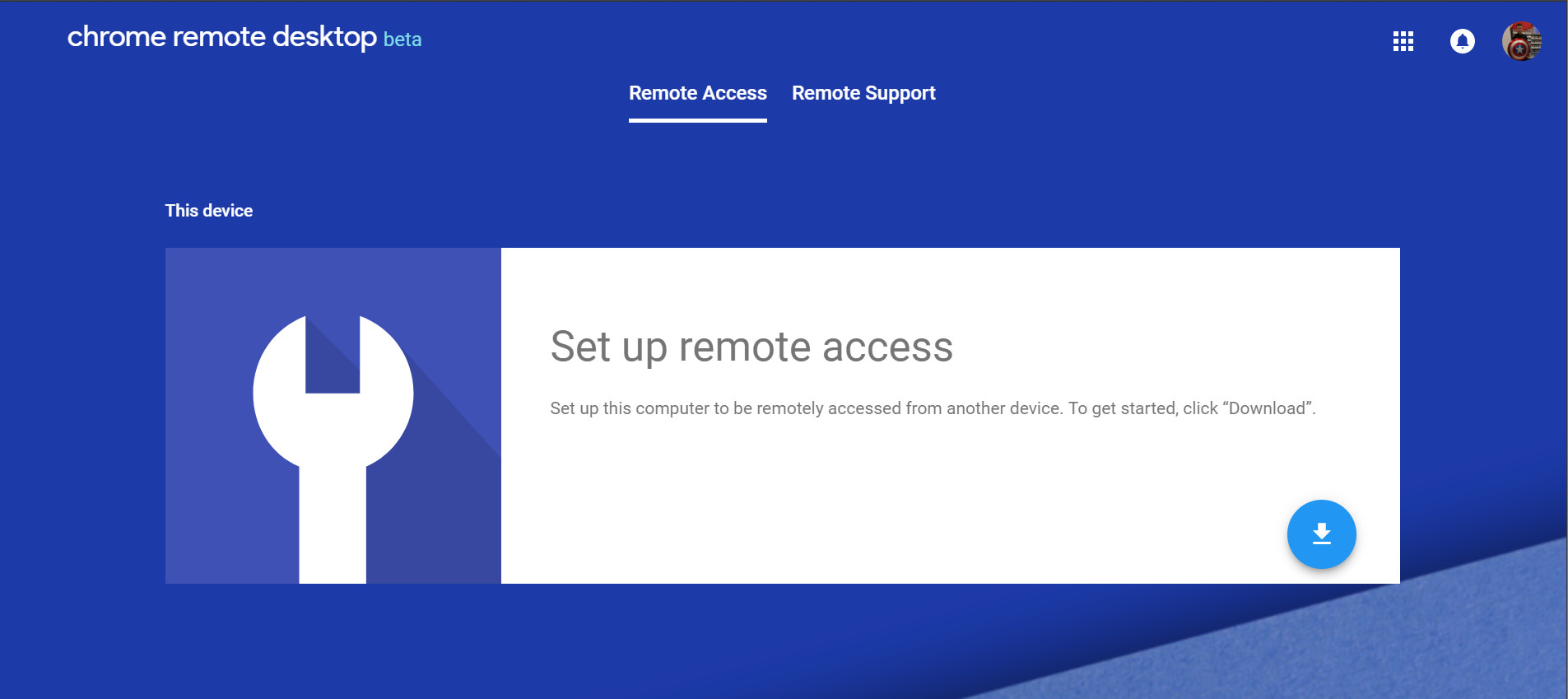
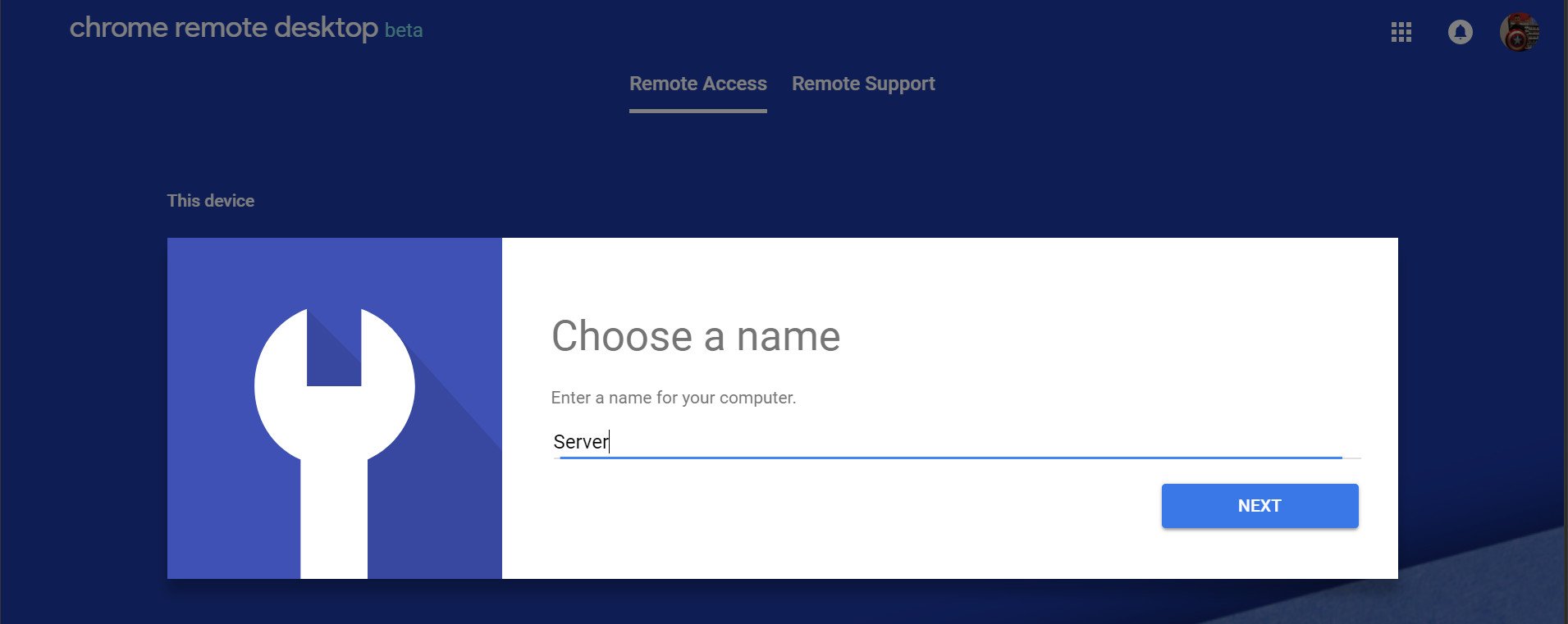
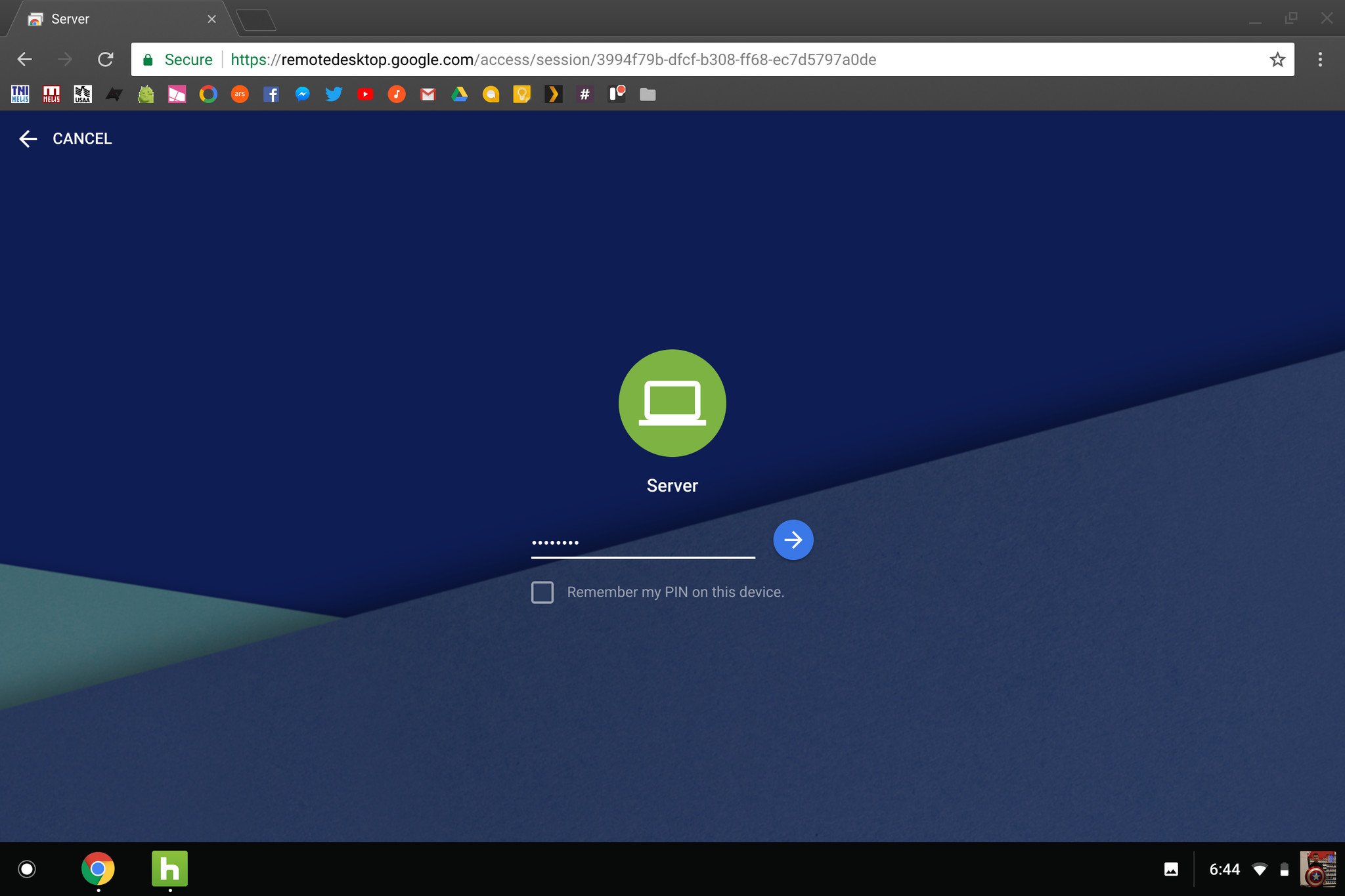
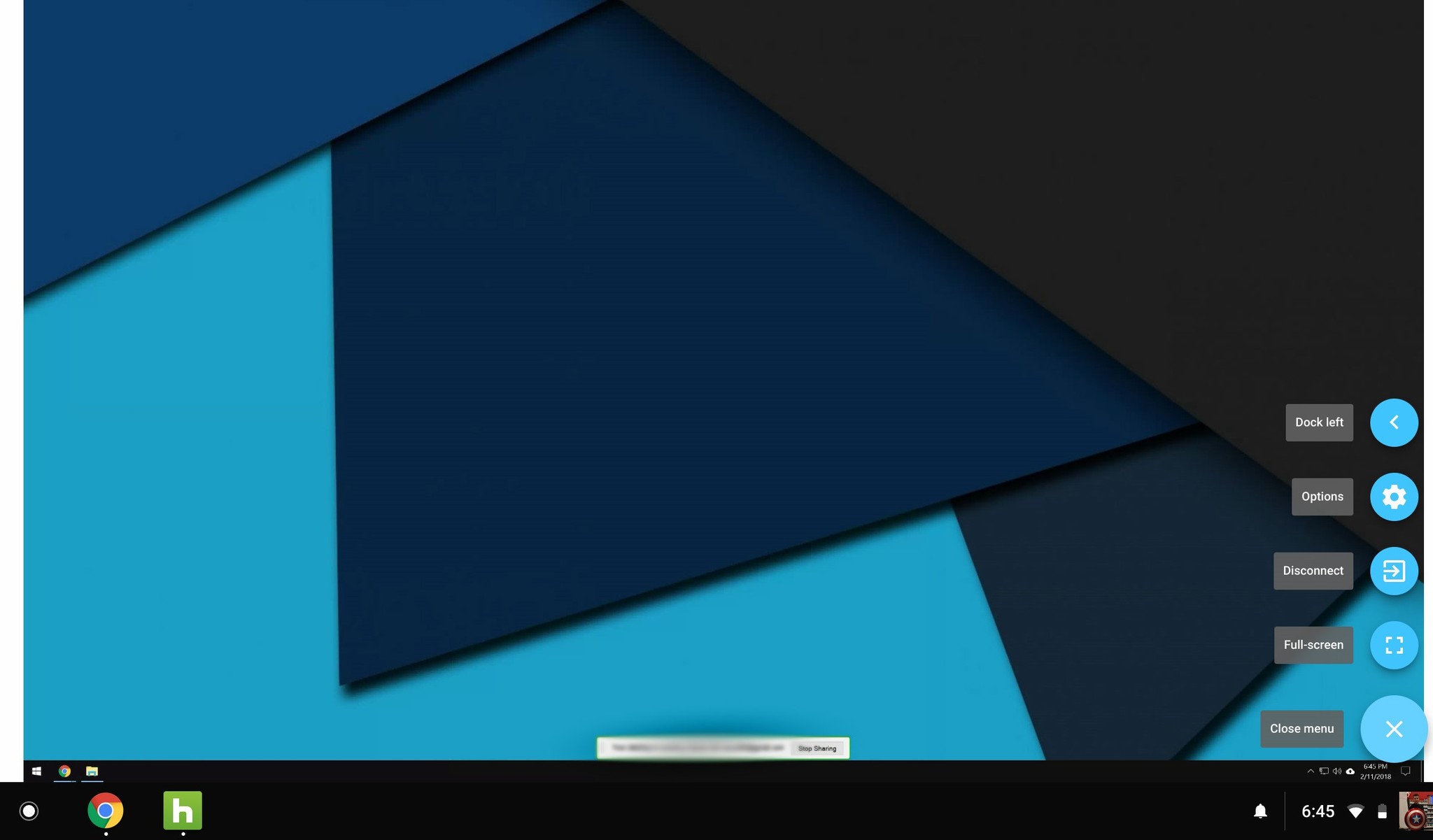

0 Response to "You Can See More: Chrome Remote Desktop: Everything you need to know"
Post a Comment